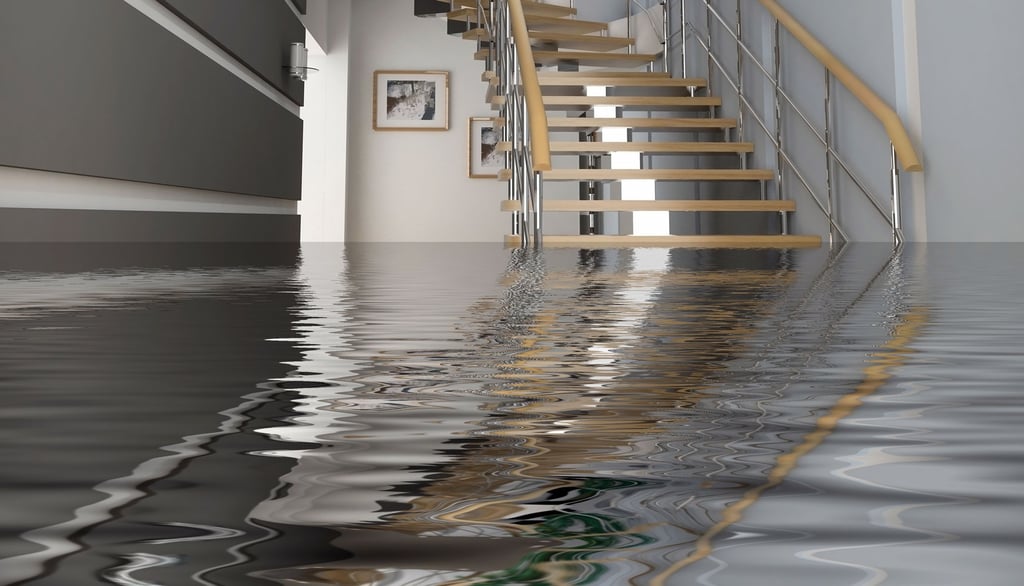Flood Damage Insurance Claims NZ: Expert FAQ Guide
Struggling with a flood damage insurance claim in New Zealand? Our expert FAQ covers claim denials, settlements, restoration quality and getting independent help.
BLOG POST


As independent insurance assessors in New Zealand, we receive many questions from homeowners dealing with flood damage claims. Below are answers to the most common questions to help you navigate this challenging process.
Understanding Your Flood Insurance Cover
Does my home insurance policy cover flood damage?
Most standard home insurance policies in New Zealand provide some level of flood coverage, but the extent varies significantly between insurers. Coverage typically depends on how the flooding originated (storm, river overflow, burst pipes) and may have specific exclusions or sub-limits. We recommend having an independent assessor review your policy wording to clarify your specific coverage.
What's the difference between flood and storm damage in my policy?
Insurers often distinguish between storm damage (typically rainfall entering through storm-damaged roofs or windows) and flood damage (water rising from ground level). This distinction can significantly impact coverage. Some policies may cover storm damage but limit or exclude overland flooding or exclude damage caused by bodies of water overflowing their normal boundaries.
My property has had previous water damage. Will this affect my current flood claim?
Previous water damage can complicate new claims. Insurers may argue that current damage relates to pre-existing issues rather than new flooding events. An independent assessment documenting the distinction between old and new damage is crucial in these situations.
The Flood Claim Process
What should I document after flood damage occurs?
Document everything:
Take date-stamped photos of all affected areas before any cleanup
Record water heights at various points in your home
List all damaged items with approximate values
Keep samples of damaged materials (carpets, wall linings)
Note all conversations with insurers and contractors
Save all weather reports or flood warnings for the date of damage
My insurer's assessor spent very little time at my property. Should I be concerned?
Brief inspections often result in incomplete assessments. Flood damage can be complex, with water affecting areas not immediately visible. If you're concerned about the thoroughness of an insurer's assessment, an independent assessment can identify overlooked damage and ensure all affected areas are properly documented.
How long should I expect the flood claim process to take?
While simple claims might be processed in weeks, significant flood damage claims typically take 3-6 months for full resolution. Complex claims involving multiple damaged areas, structural issues, or disputed causes can take longer. Having proper documentation and independent assessment can help prevent unnecessary delays.
Dealing with Claim Challenges
My flood damage claim was partially or completely denied. What can I do?
First, request a detailed written explanation for the denial. Common reasons include policy exclusions, pre-existing damage, or maintenance issues. An independent assessment can provide objective evidence to challenge incorrect denials, identify overlooked damage, and strengthen your position in negotiations.
The insurer's settlement offer seems too low. How can I verify if it's fair?
Insurer settlements sometimes underestimate repair costs or overlook damaged items. An independent assessment provides current, market-accurate costings for repairs and replacements, giving you evidence to negotiate for a fair settlement based on actual restoration costs in today's market.
There's disagreement about what caused the water damage. How is this resolved?
Causation disputes are common in flood claims. Was it poor drainage, rising groundwater, or storm-related flooding? An independent insurance assessor with technical expertise can determine the actual cause through assessment of water damage patterns, supporting your claim with evidence rather than assumptions.
Restoration Quality Issues
How can I tell if the flood restoration work proposed by my insurer is adequate?
Quality restoration should include:
Detailed scope of works addressing all affected areas
Proper moisture testing before and after drying
Complete removal of contaminated materials
Treatment of all affected wall cavities and subfloors
Antimicrobial treatments where appropriate
Daily moisture monitoring logs
If these elements are missing, consider requesting an independent assessment.
The restoration contractor finished quickly, but I'm noticing ongoing issues. What should I do?
Post-restoration problems like musty odors, discoloration, or warping surfaces often indicate inadequate drying or untreated water damage. Document these issues with photos and request an independent moisture assessment. Your claim may need to be reopened to address these issues properly.
Is it normal for restorers to leave wet underlay in place after flooding?
No. Industry best practices require removing wet underlay in most flood situations, especially with Category 2 or 3 water (contaminated). Underlay acts like a sponge and prevents proper drying of subfloors. If restorers have left wet underlay, this indicates substandard practices that may lead to long-term problems.
Getting Independent Help
At what point should I consider hiring an independent insurance assessor?
Consider an independent assessor if:
Your claim has been partially or fully declined
The settlement offer seems inadequate
You're concerned about restoration quality
There's disagreement about the cause or extent of damage
You're overwhelmed by the complexity of the claim process
You need expert advice on challenging insurer decisions
How does an independent assessor strengthen my flood damage claim?
Independent assessors provide:
Comprehensive, unbiased damage documentation
Technical evidence of water damage causation
Expert analysis of policy wording and coverage
Industry-standard repair methodologies and costings
Identification of overlooked damage
Professional representation in insurer negotiations
Quality assurance on restoration work
What's the difference between the insurer's assessor and an independent assessor?
Insurer-appointed assessors work to protect the insurer's interests and control claim costs. Independent assessors work solely for you, focusing on identifying all legitimate damage and ensuring appropriate restoration methods are used. This difference in perspective often results in more thorough assessments and better claim outcomes.
Need help with your flood damage insurance claim? The Assessing Co provides independent flood damage assessments. Contact us for expert assistance with challenging claims, restoration quality concerns, or insurance disputes.


